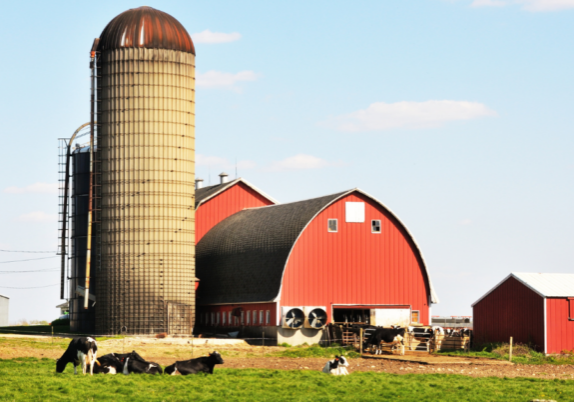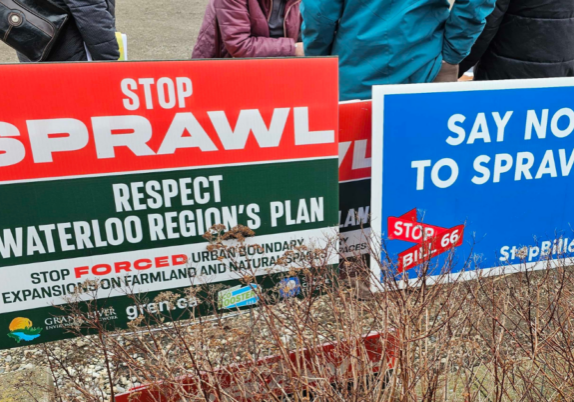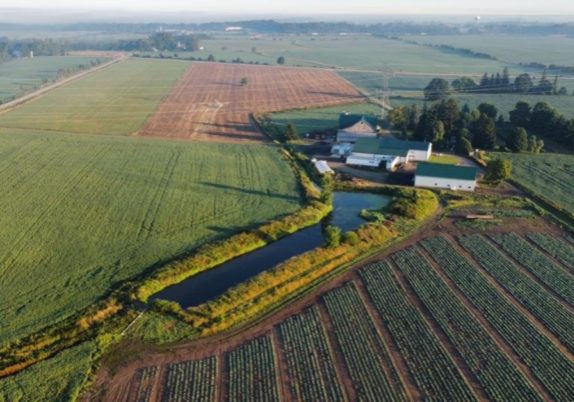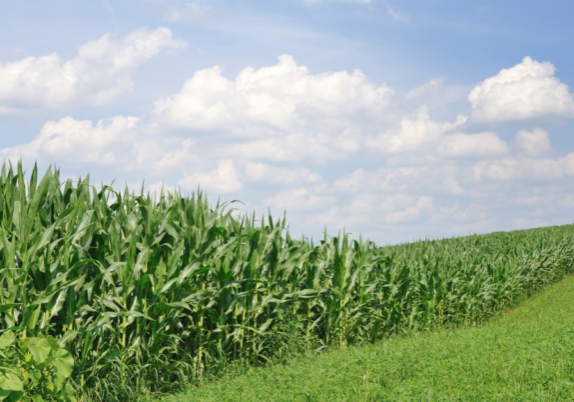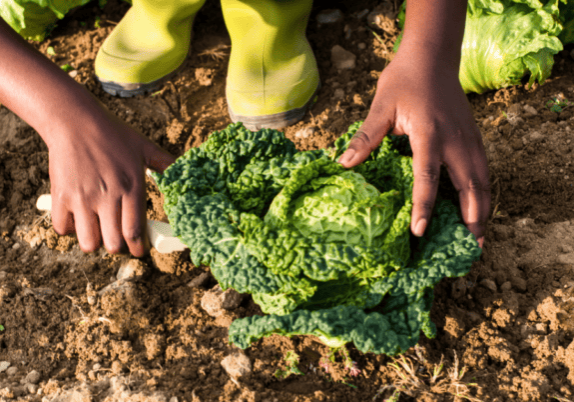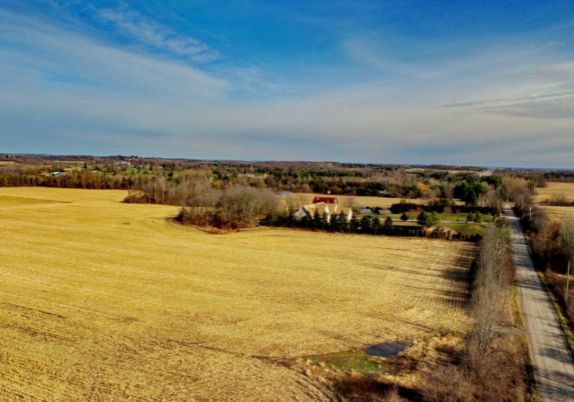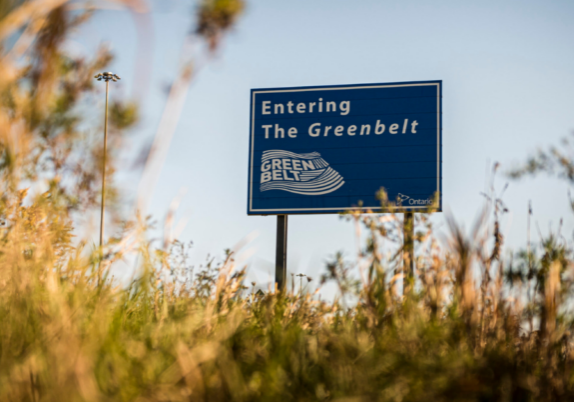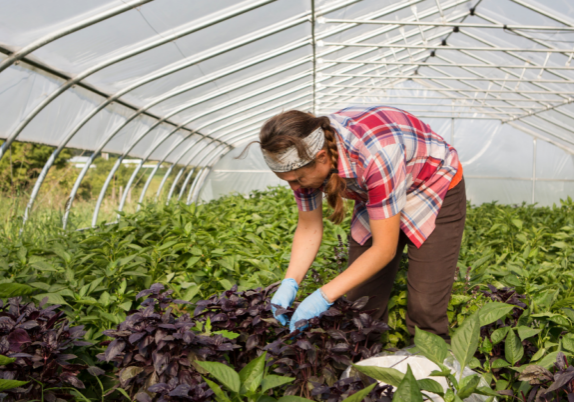Joint Letter to Premier Ford Regarding Threat to Farmland in Wilmot
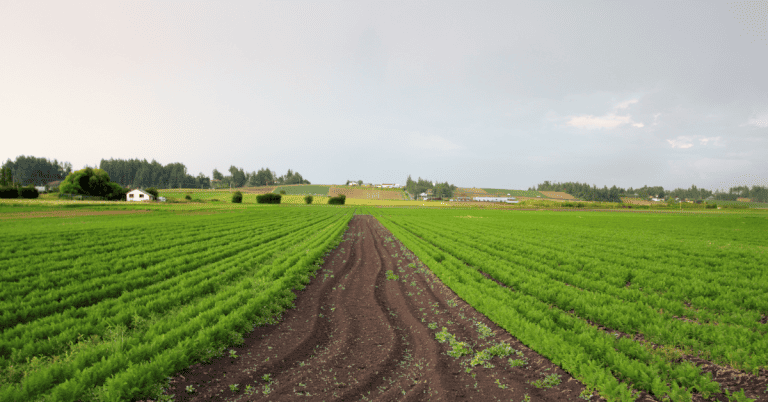
Dear Premier Ford,
The National Farmers Union – Ontario (NFU-O), the Ontario Farmland Trust, and the Christian Farmers Federation of Ontario (CFFO) are expressing our profound concern regarding the potential expropriation of approximately 770 acres of prime agricultural land in Wilmot Township for an unspecified industrial site. We call on the Government of Ontario to:
- Immediately pause all plans of the expropriation and land assembly of over 770 acres of prime agricultural land in Wilmot Township for an unspecified industrial use, and cease the use of Canacre Ltd as consultants on the project.
- Provide a transparent process on selecting the area of this industrial site that prioritizes the use of existing industrial zones. If not possible, then seek other land that reduces the loss of farmland and impact on the agricultural system. The process should include an agriculture impact assessment (AIA), and consultation with community members, First Nations and Conservation Authorities.
In the past couple of weeks, it has come to light that Wilmot Township, the Region of Waterloo, and the provincial government (through the provincial agency, the Ontario Realty Corporation), have contracted a US-based consulting company to threaten affected farmers and landowners with expropriation should they refuse to sell their land for the development of an industrial site. The 770 acres of prime farmland slated for industrial development are home to vegetable, grain, and dairy operations as well as two significant creeks that flow into the Nith River.
To date, the process has been unfair to farmers, undemocratic, and has lacked public transparency. Reports of farmers being threatened with expropriation if they do not accept the offers presented to them is nothing short of intimidation tactics used by the consultants, Canacre Ltd. These threats and fast-tracked timelines impose undue hardship on farmers during this critical period of time in the farming calendar. The success and sustainability of their livelihoods hinge directly on the efforts they invest in their farms now, making such pressures particularly
detrimental. We stand with the half-dozen farmers and landowners being pressured into this farmland loss, as well as with concerned farmers and community members in Wilmot Township, Waterloo Region and all those across Ontario who are joining together to call for farmland protection and for the immediate pause of this land assembly in Wilmot Township.
In addition this particular site poses potential risks to the health of the region’s water systems. Given that there are two creeks on the land proposed for development and that underground aquifers account for 80% of the region’s water supply, we demand that the Region of Waterloo and Wilmot Township solicit the expertise of the Grand River Conservation Authority (GRCA) regarding potential impacts on the region’s water and ecological health. Speeding up
development assessment processes and disregarding the precautionary principle could result in major public health concerns and permanent ecological damage.
Ontario farmland is globally recognized as some of the best farmland in the world. Only 4% of Canadian land is suitable to grow crops, and some of the most fertile land is found in Wilmot and neighboring townships. The Region of Waterloo’s Official Plan (OP) expresses a desire to protect the “countryside from urbanization and inappropriate rural activities” – including its agricultural lands and groundwater recharge areas – as “these assets form part of the region’s rich natural capital and contribute to the community’s quality of life.” While the lands between Bleams Road
and Nafziger Road that are being proposed for an industrial site are not within the Region of Waterloo’s “protected countryside” designation, it is considered by the OP as prime agricultural land. Under the Provincial Policy Statement, 2020 (PPS) it clearly states that “prime agricultural areas shall be protected for long-term use for agriculture” (2.3.1).
If this industrial development in Wilmot Township is given the greenlight, it will only make it more difficult for other Ontario counties and townships to protect their own agricultural and ecologically-sensitive land. It is the responsibility of the provincial government to uphold regulatory mechanisms meant to protect this finite resource, and to make informed development decisions through democratic processes. Fast-tracking development in Wilmot
Township and paving over this farmland will only instill public distrust in government.
The potential loss of farmland extends its repercussions beyond the individual farmers facing threats to their land and negative water system impacts; it poses a significant risk to the entire agricultural ecosystem in the region. Agriculture thrives on a critical mass of operations, business continuity, and stability. The proposed plans jeopardize these essential elements of a thriving agri-food sector, a sector that contributed $652.5 million in revenue to the region, according to the 2021 Census of Agriculture. Moreover, the dwindling availability of farmland, coupled with
soaring land prices, aggravates the long-term sustainability of the agricultural industry. It not only diminishes the sector’s resilience but also erects formidable barriers for aspiring new and young farmers, making it increasingly difficult for them to enter and succeed in the sector.
We recognize the importance of responsible development to the welfare of regional communities and economies. However, we stand against land-use decisions that lack transparency and that fail to follow the democratic and protective mechanisms that have been codified within the regional official plan and the Provincial Policy Statement. Such protection is crucial to ensure that the agri-food sector can continue to be a critical economic driver in the
region. We urge the Ontario government to pause the land assembly currently underway in the Region of Waterloo to ensure a transparent process, adequate citizen input, consistency with agricultural protections within the region’s official plan and the Provincial Policy Statement, and assessment of broader environmental, economic and social impacts. Farmers and citizens of the region deserve no less.
Sincerely,
Max Hansgen
President, National Farmers Union – Ontario
Martin Straathof
Executive Director, Ontario Farmland Trust
Ed Scharringa
President, Christian Farmers Federation of Ontario
